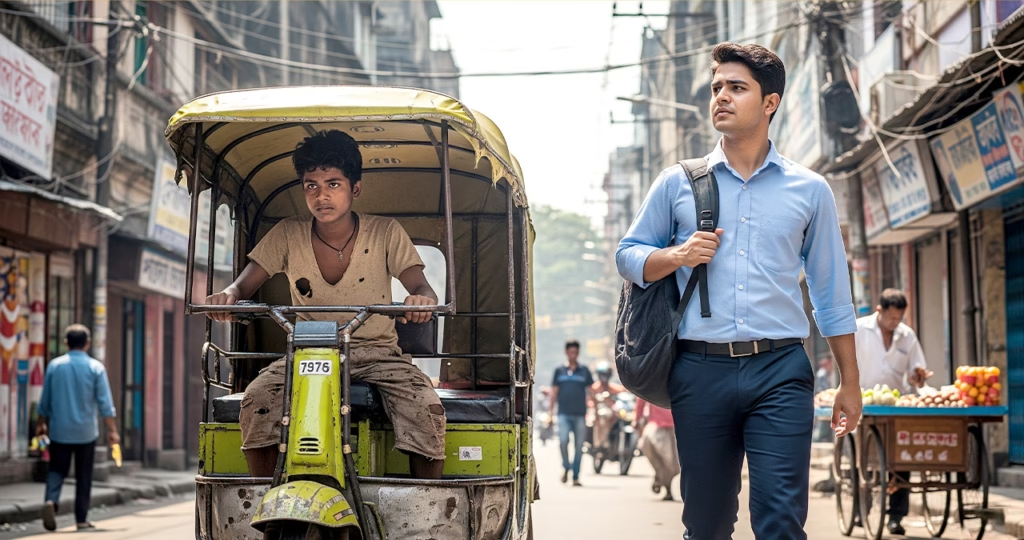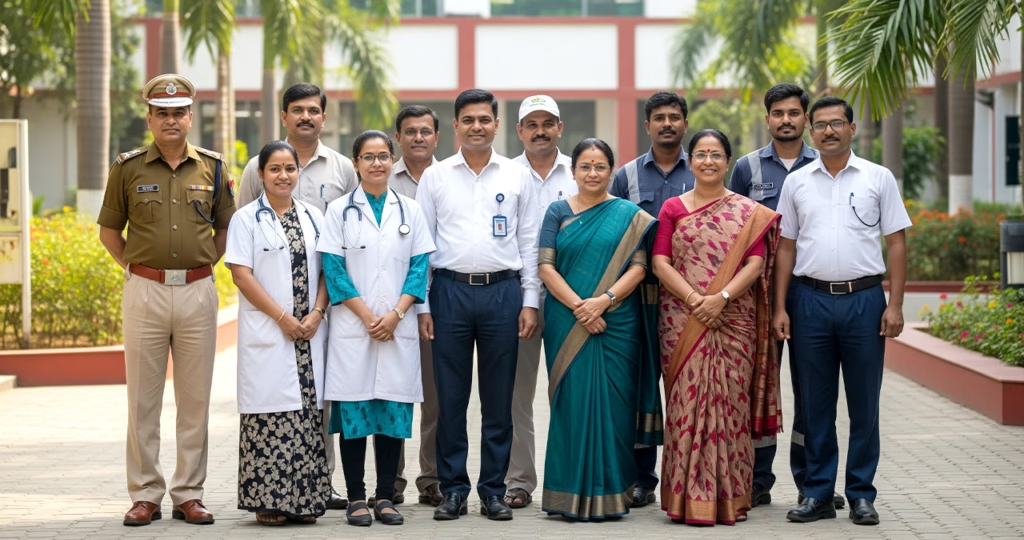Learn how these government schemes for women are breaking barriers, fostering independence, and changing lives every day.
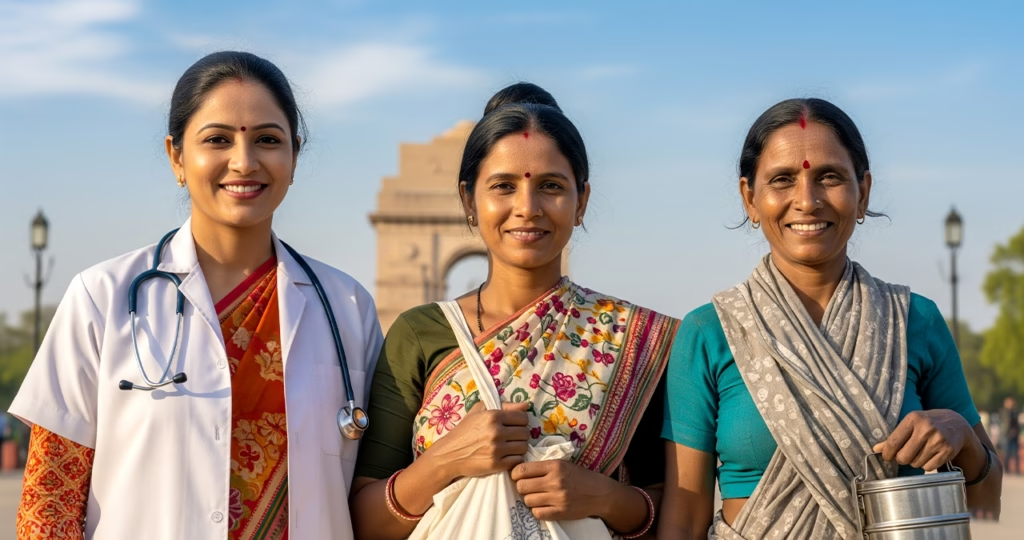
The women in our society have long been placed at a disadvantage, not just today, but for as far back as history remembers. So, the Indian government has attempted to offer them some support through various schemes. Described below are a couple of such schemes introduced by the government of India.
Rupashree Prakalpa
“Rupashree Prakalpa” was a scheme launched by the Department of Women and Child Development and Social Welfare, Government of West Bengal, on April 1st, 2018. This program seeks to contribute to lessening the financial strain faced by struggling families, in bearing expenses for their daughters’ marriages, for which they often have to loan money at exorbitantly high rates, practically looting them. Following this scheme, a one-time financial grant of Rs. 25000 is offered to financially challenged households when marrying their adult daughters. This scheme is being carried out in all West Bengal districts.
Eligibility
 List of 3 West Bengal Government Schemes For Students in 2025. →
List of 3 West Bengal Government Schemes For Students in 2025. →- The candidate should be a woman who proposes to be married.
- The candidate should be a minimum of 18 years of age.
- On the day she submits her application, the candidate must be single (unmarried).
- The candidate shouldn’t have been married prior to submitting her application, i.e the proposed marriage should be the candidate’s first marriage.
- The candidate must have been born in West Bengal, have lived there within the past five years, or have parents who are West Bengal permanent residents.
- The annual income of the applicant’s family should not exceed Rs. 1,50,000.
- The groom intended to marry the candidate must be a minimum of 21 years of age.
- As the only account holder, the applicant should have an active bank account.
- The bank where the candidate’s account is located should have an IFSC (Indian Financial System Code) and a MICR (Magnetic Ink Character Recognition) code, and transact e-payments through NEFT (National Electronic Funds Transfer).
Note: The financial advantage of the scheme will be paid to the applicant’s separate bank account via direct bank transfer.
The approved grant is deposited into the applicant’s bank account via the Integrated Financial Management System (IFMS). At least five days prior to the desired marriage date, the fund transfer must have been completed.
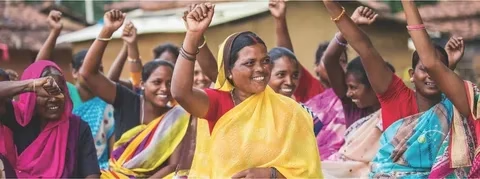
Widow Pension- West Bengal
The Women and Child Development and Social Welfare Department of the West Bengal State Government introduced the “Widow Pension” scheme in 2010 as an effort to support women in need. The goal of this program is to provide financial assistance to the widows in this state who are struggling to make ends meet.
Benefit:
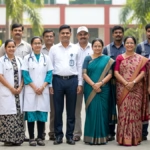 West Bengal Health Scheme Portal: healthscheme.wb.gov.in, Free ₹2 Lakh Cashless Medical Service →
West Bengal Health Scheme Portal: healthscheme.wb.gov.in, Free ₹2 Lakh Cashless Medical Service →The beneficiaries would get a monthly payment of Rs. 1,000 via DBT.
Eligibility
- The recipient needs to be a widowed woman or girl.
- The recipient must be a minimum of 60 years of age.
- The recipient must reside in West Bengal and be a citizen of India.
- The monthly income of the beneficiary family must not be more than Rs. 1,000 a month
- None of the beneficiary’s relatives should provide for her.
- On the date of creating the application, the beneficiary must have lived in West Bengal for a minimum of ten years.
- Mendicants and professional beggars are not entitled to the pension.
Exclusions:
The Widow Pension is not available to applicants who are currently receiving benefits under another program, such as the Farmers’ Pension, Old Age Pension, or Disability Pension.
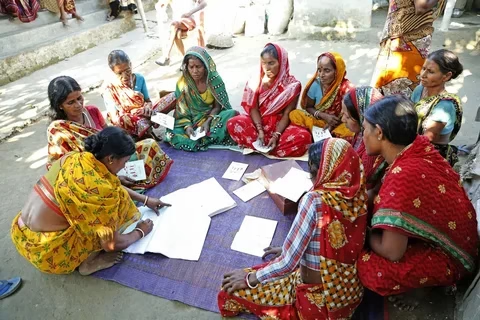
Kanyashree Prakalpa
The Department of Women’s Development and Social Welfare and Child Development (DWD), Government of West Bengal, has a program called “Kanyashree Prakalpa” that aims to promote the status and well-being of girls, particularly those from low-income families. Conditional Cash Transfers are offered under this program to encourage girls to stay in school longer and discourage young marriages.
There are two kinds of advantages to the “Kanyashree Prakalpa”:
Annual Scholarship (K1): Girls between the ages of 13 to 18 years, who are enrolled in the 8th standard or above, receive a monetary award of Rs. 1,000 per year for each year they continue their education, as long as they don’t get married at the time.
One-Time Grant (K2): After a girl turns 18, she is eligible to receive a grant of Rs. 25,000 as long as she stays unmarried and pursues an academic or professional goal.
Eligibility
- The candidate must be a West Bengal resident.
- The candidate must be registered in and attend a school regularly.
- The candidate must be single (unmarried).
- The candidate must come from a household with an annual income of no more than Rs. 1,20,000.
- The Annual Scholarship (K1) applicant must be between the ages of 13 and 18 years.
- The One-Time Grant (K2) applicant must be between the ages of 18 and 19 years.
- The name on the application form and the name on the bank account must match, and the applicant should have created a bank account in their own name.
- The applicant’s educational institution must be officially recognised by the government and registered in West Bengal.
Note: Girls who have lost both parents, reside in a Home authorised under the Juvenile Justice Act of 2000, or are specially-abled (with a disability of 40% or more), may apply for Kanyashree even if their family makes more than Rs. 1,20,000 annually.
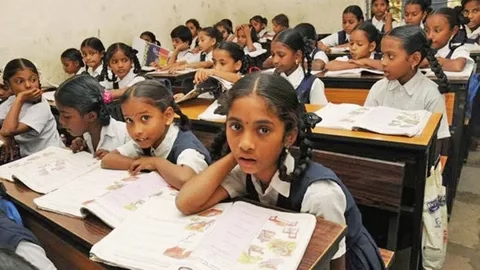
The Indian society is as patriarchal as it gets, and has been since the beginning of time; there is no debate about that. With changing times, people have recognised this fact and are actively working towards dismantling it, ensuring women have equal access to opportunities to grow, lead, and succeed.
This is a step taken by the Government of India, to right past wrongs and take a holistic step towards progress as a nation.

